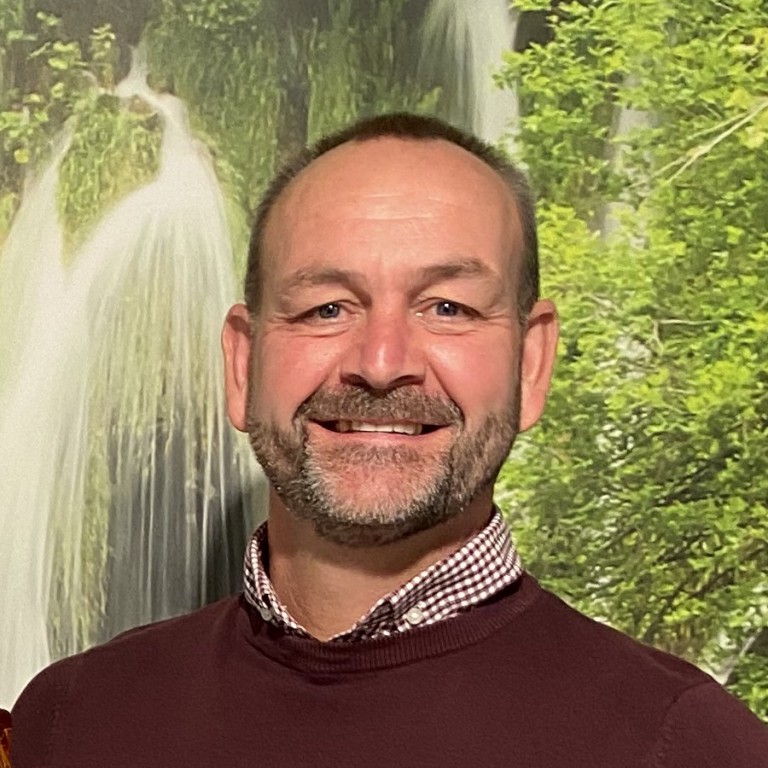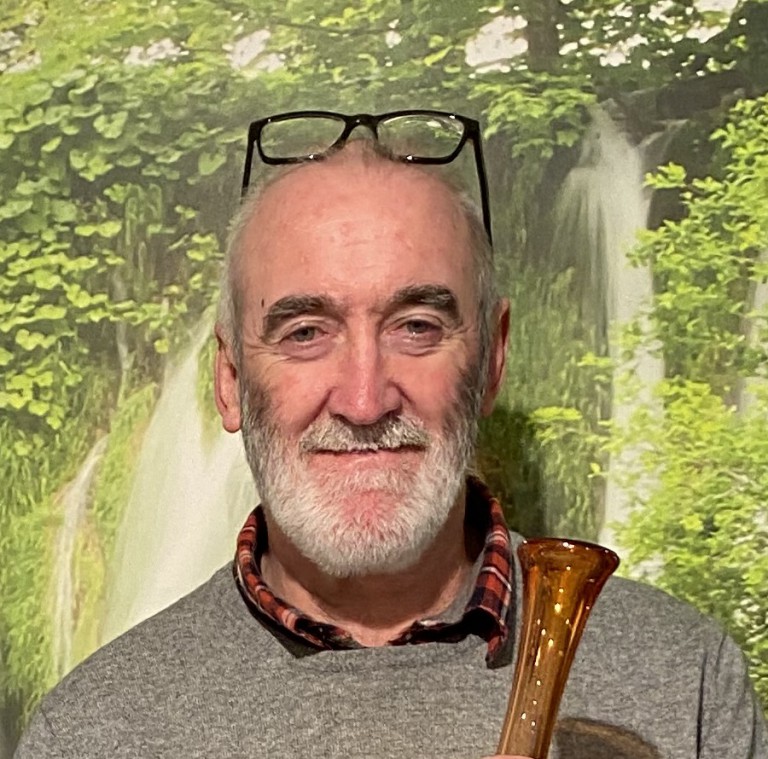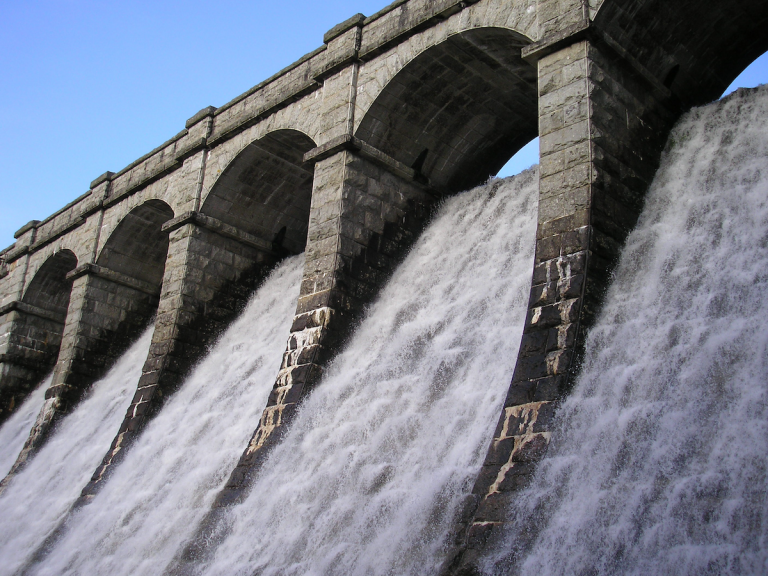Partner of the month interview: South West Water
- 09 February 2022
- Francien Horrevorts
- Emergency Response
One of the strengths of Polder2C’s is that it is an international project, where many parties work together, share expert skills and facilitate knowledge transfer. A total of thirteen partners from the Netherlands, Belgium, France and the United Kingdom participate in the project. Each month we put one of our partners in the spotlight. In February our partner of the month is South West Water.
South West Water
South West Water provides reliable, efficient and high quality drinking water and waste water services in the United Kingdom. South West Water is a partner in emergency response in their area and invested in flood defense techniques to protect their assets. They have a track record of pioneering new technologies and approaches in the UK. Both Mike Copperwhite, DWS Team Manager, and Myles Key, Central Support Manager, represent South West Water to answer our questions.


Photos: Mike Copperwhite, left, and Myles Key, right
What is the core business of your organisation?
South West Water is the water and wastewater service provider for a population of c. 1.7 million in Cornwall, Devon, and parts of Somerset and Dorset. Since 2016 it has also been providing water services in the Bournemouth Water region to a population of c. 0.5 million. We provide reliable, efficient and high-quality drinking water and wastewater services throughout these areas.
We believe that by investing in the future of our region, we are not only improving the quality of life for today’s residents and visitors but are also taking responsibility for future generations. Our aim is to continually drive-up standards, particularly in the areas that matter most to our customers and be amongst the best in the water industry. South West Water is the only water supplier in the region. Therefore, there is a very strict system of regulation in place to safeguard the best interests of its customers and the environment.
What is the role of your organisation/you as a person in the Polder2C’s project?
South West Water as a business has welcomed the chance to be a partner within the Polder2C’s project, geographically within the South West of England we live on flood plains and we have to protect our Water Treatment assets from flooding. As a business we are working on Emergency Response to protect our dry lands from future flooding.
"Partnership and collaboration can go a long way in creating a strong and better community and working together to longer future proof our lands."
What innovation or development are you eagerly waiting for?
We’re changing the way we think about water and the landscape. Working with our partners we will ensure a better future for farming, value for our customers, improve wildlife habitats, restore wetlands and ensure future resilient water supplies. Our Upstream Thinking project is a multi-award-winning catchment management scheme which applies natural landscape-scale solutions to improve water quality and supply.
Before you turn on the tap and have a drink, enjoy a relaxing bath or shower – the water, an essential commodity within all our lives has travelled across high grounds, through farm land, rivers and streams, been stored in reservoirs and then processed. Human impact on the land has an inevitable effect on our rivers. Peat bogs, wetlands, hedgerows, fields, woodlands have altered dramatically over time. Farmyard manure, artificial fertilisers, herbicides and pesticides are released onto land and into rivers, through the way landscapes of the south west are managed.

What is the best thing someone can do to contribute to climate adaptation?
We believe that for the future “Grey water systems” should implemented in all new house builds, recycling your own grey water means you are reducing the amount of potable water required in your household. In turn, this reduces the load on public water treatment plants. With continued urbanisation and ongoing housing shortages, this is a long-term problem that as a society we need to act upon. If we all make small changes, we can help save the planet’s most precious resource.
Why have you decided to be partner of the project?
Partnership and collaboration can go a long way in creating a strong and better community, expanding skills, learning and working together to longer future proof our lands. Working with the Polder2C's project has allowed us to learn more about what other people do to protect against climate change. As a business it has allowed us to bring some skills used on levees to our reservoirs.
